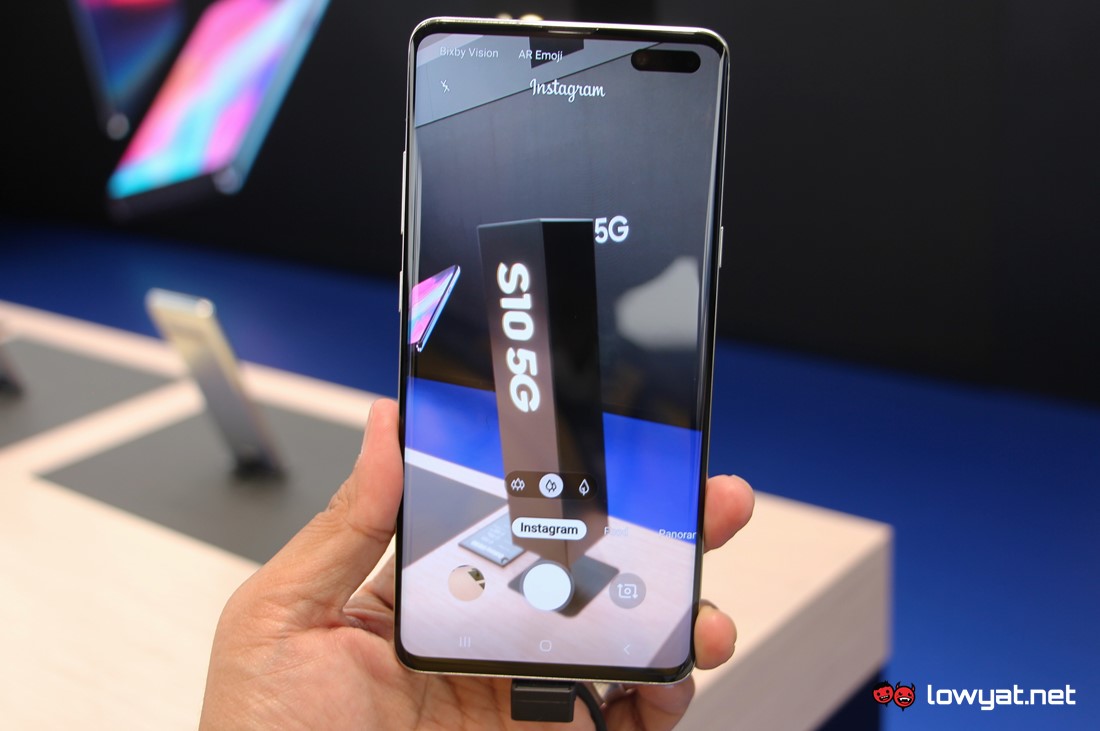The new round of trade restrictions is aimed towards the materials needed by South Korea’s electronics industry to produce new chips. As of this week, Japanese suppliers are required to gain approval from their country’s government. Should it wish to supply South Korea with specific components. Of these components, three of them are vital to South Korea – fluorinated polyimide, polyimide resists, and hydrogen fluoride. The first being a primary component for the manufacturing of smartphone displays. The South Korean company that would likely be the hardest hit is Samsung. On top of that, the brand is currently facing a supply glut of memory chips, brought about by the falling prices of said component.
Tensions between the two Asian neighbours reportedly resurfaced due to an old wartime spat. Till today, both nations disagree over how compensation for forced labour – brought about during Japan’s expansion in World War II – should be dispensed. Last year, South Korea’s highest court ordered two Japanese companies, Nippon Steel and Mitsubishi Heavy Industries, to pay out reparations on an individual level. Unsurprisingly, Japan lambasted the order and accused the country of breaching a treaty both had signed back in 1965. Japan’s new export regulations also signal a change in priorities; before this, the treaty basically gave South Korea a beneficiary status, allowing Japanese companies trading with the country through an expedited export process. With the new regulations, companies will now have to wait up to 90 days for approval. (Source: The Japan Times, Reuters, Nikkei)
